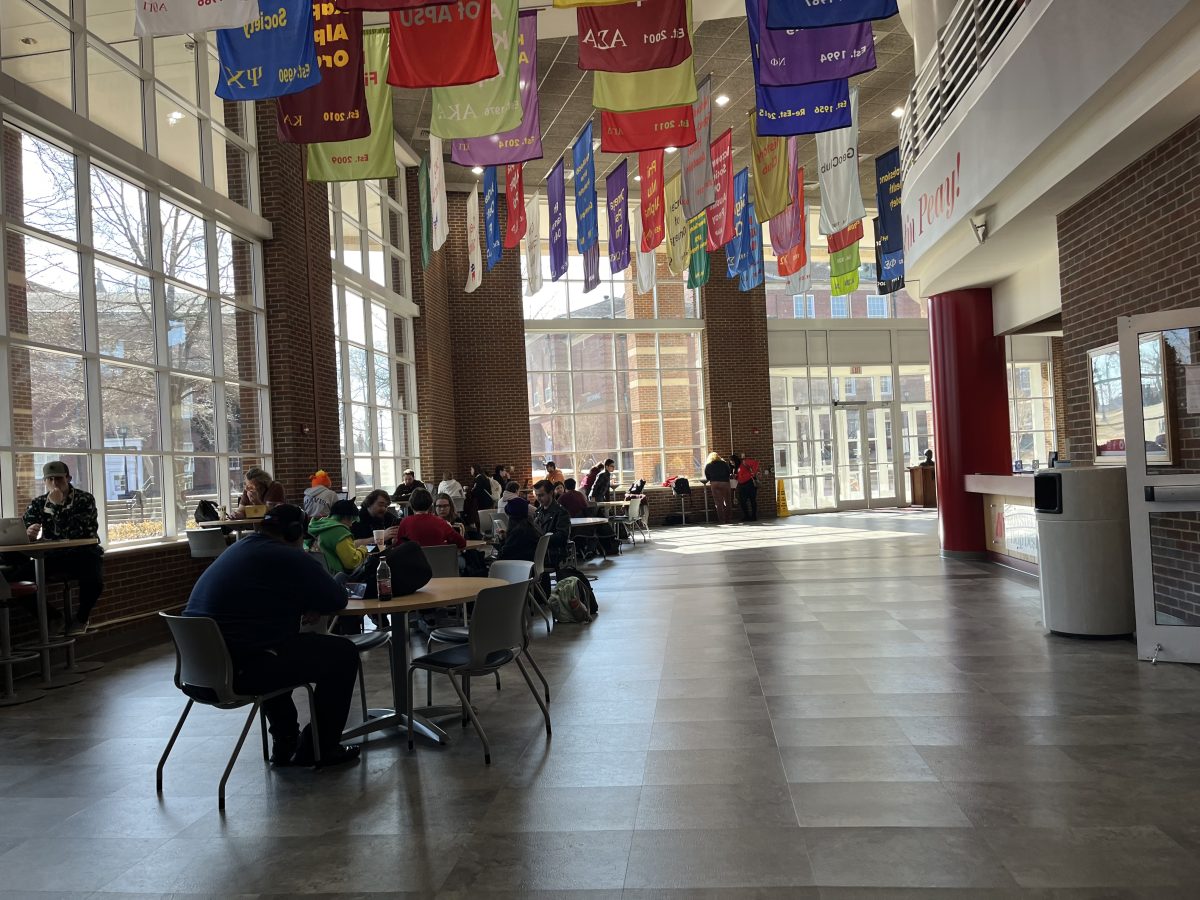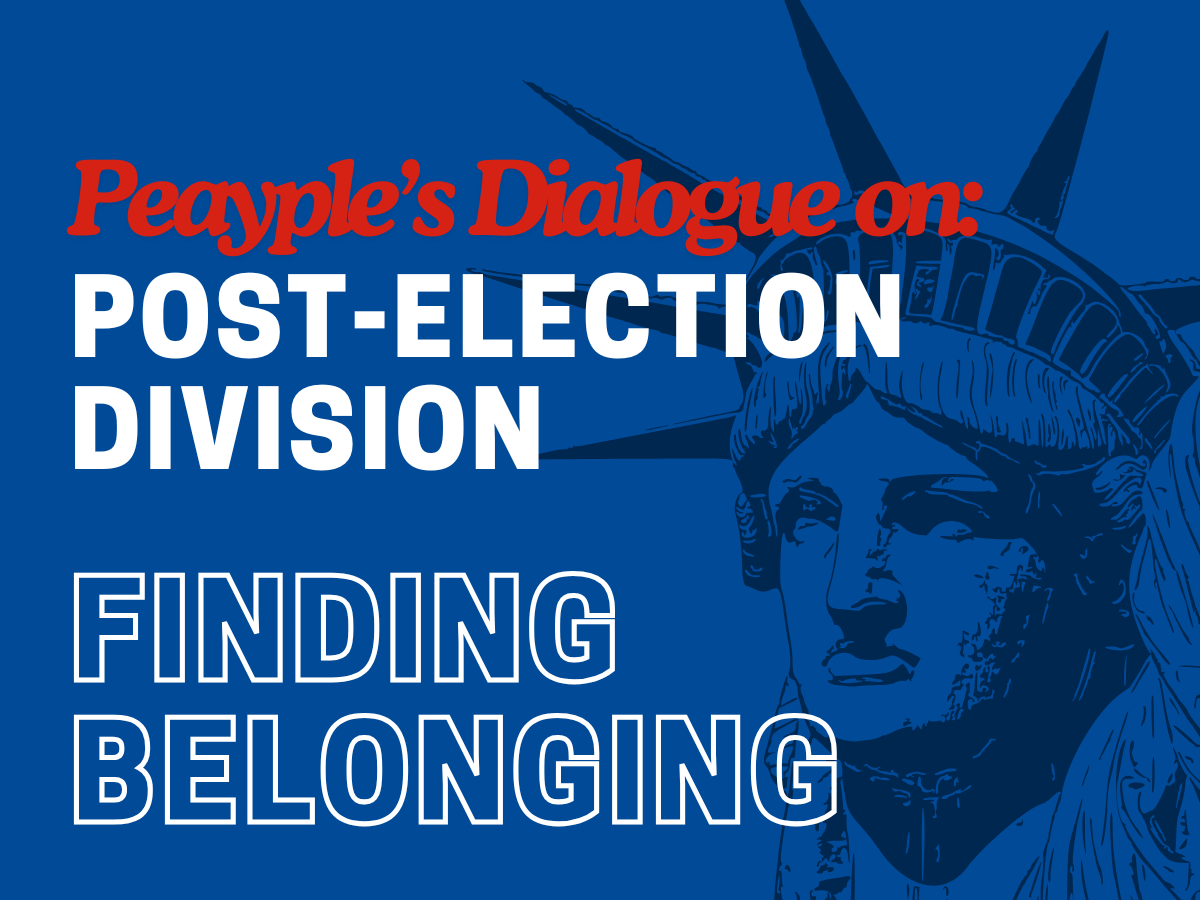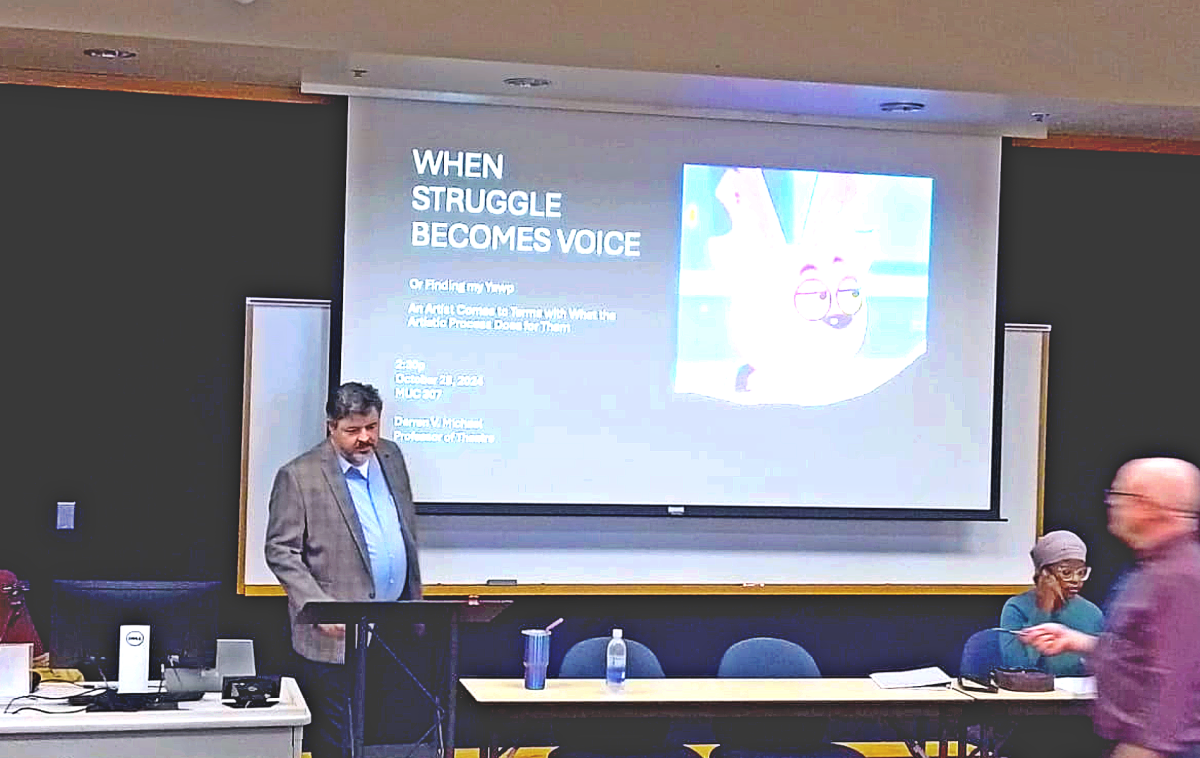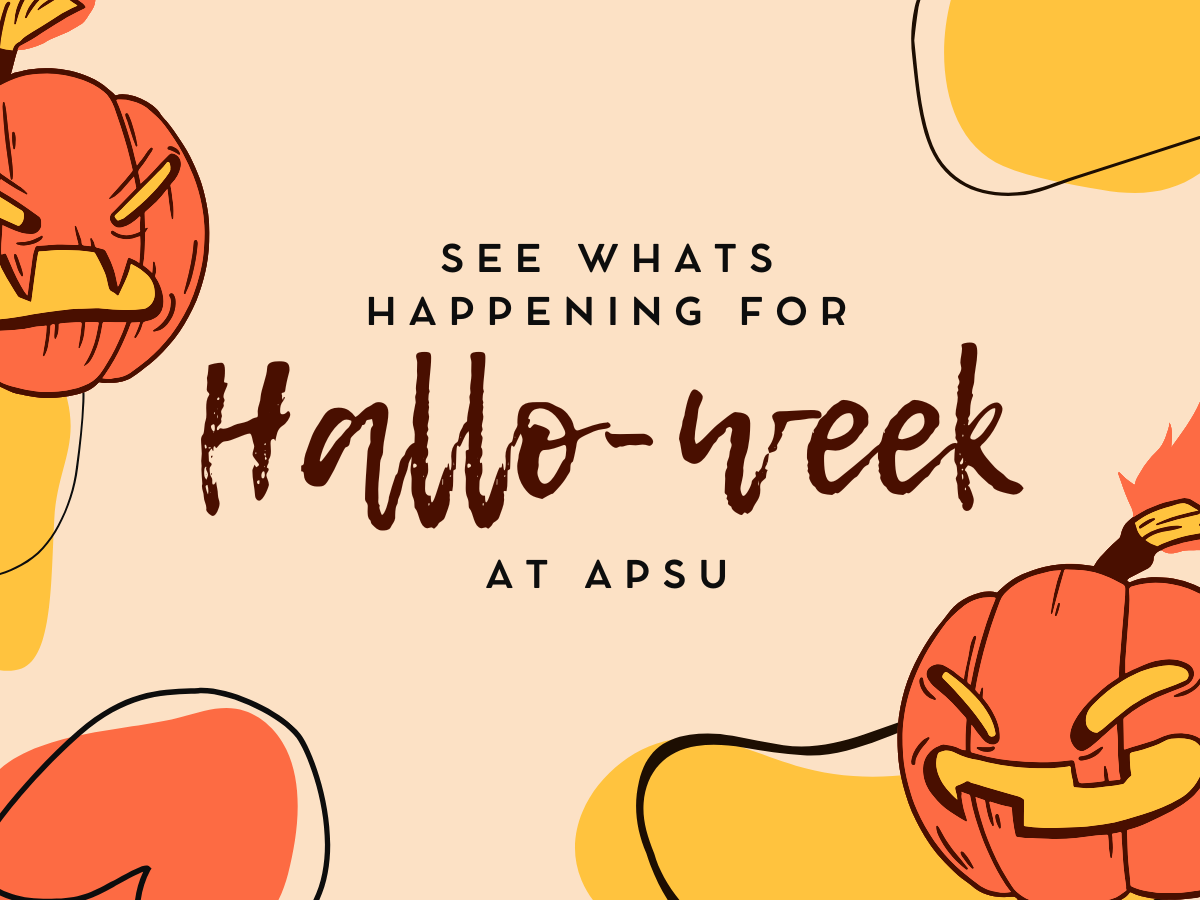Students in the Morgan University Center Lily Russell
Students and professors at APSU were asked to give their opinions of Rate My Professors, the popular professor ranking site, and most of the answers were delivered with similar feelings.
“Generally speaking, I try to avoid those with bad reviews,” said Kevin Tyler, a junior computer information systems major.
Bad reviews consist of a one through five star scale and a series of questions are asked such as ‘how difficult was the course?’ ‘Would you take this professor again?’ ‘Was attendance mandatory?’
Professors at Austin Peay highlighted the bias that is exhibited in RMP ratings.
“Students tend to lean towards RMP to air their grievances. College is a delicate balance between personal responsibility and advocating for yourself,” said graduate teaching assistant Emerson Ryder.
Even though students are aware of the bias typically displayed on the site, the likelihood of a professor’s class being turned down by students due to an overall negative review is high.
“I use Rate My Professors to view the bad ones, and I haven’t taken them. All of the professors I have had have been good and their reviews on Rate My Professors have also been pretty good,” said Blake ‘Winter’ Parker, a freshman english education major.
Students have criteria that tend to make them stray away from taking a professor such as Tyler who left a negative review on the site.
“The professor was one of the nicest, most caring people I have ever met. However, I found their teaching skills and layout of the course insufficient and very poorly structured.”
Thus, a bad review was left.
Along with preferred teaching styles, personal feelings also plague the reviews on Rate My Professors and influence the overall rating that a professor receives through the site.
“Most of the comments are grounded on personal feeling, they aren’t very useful,” said Dr. Mark Michael philosophy instructor.
After interviewing multiple students, it seems that RMP has a rather significant influence on the decision that students make in choosing a professor for their course.
However, professors and even students encourage others to use other sources before making this kind of decision.
“Students should take reviews with a grain of salt. I value the opinions from people that I know or meet in person more than an online review,” said Kayah Potter, a senior english major.
Professors noted that acquaintances or friends would be a better resource for choosing professors than the RMP reviews.
“I have found that students rely too heavily on Rate My Professor scores and input from other students. Sometimes students are so adamant about not taking a specific professor that they delay their academic progress by a few semesters when scheduling conflicts arise,” said Savannah Longo, student success coordinator.
“I do think students should be mindful of the biases RMP may encourage, but there are ways to read through the reviews to see what works for you and what doesn’t,” said Dr. Stephanie Dugger, languages and literature professor.







